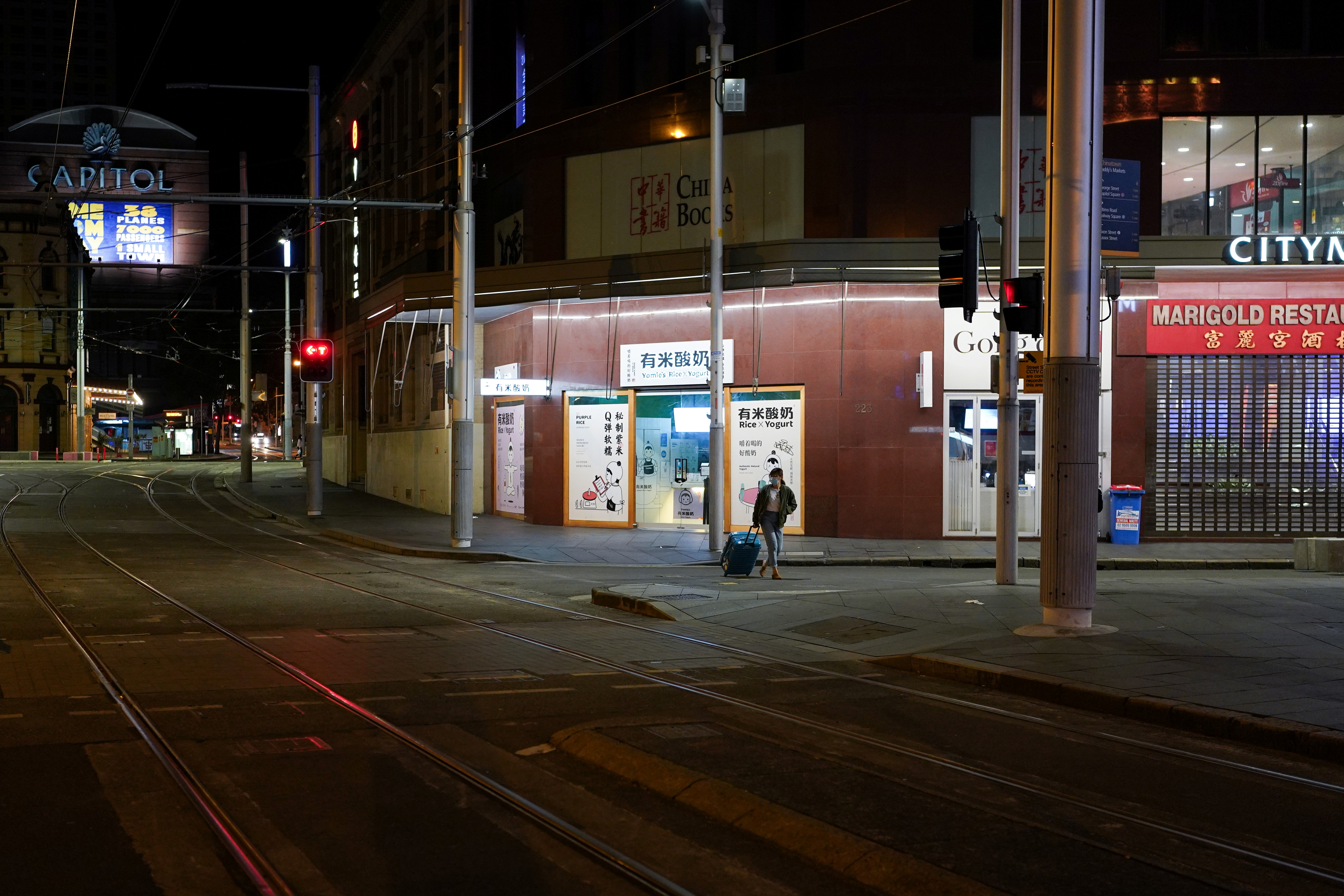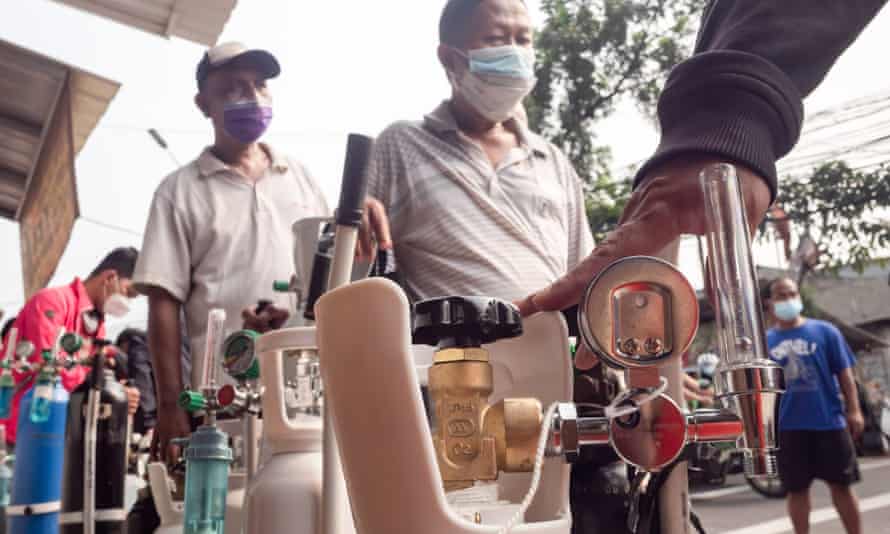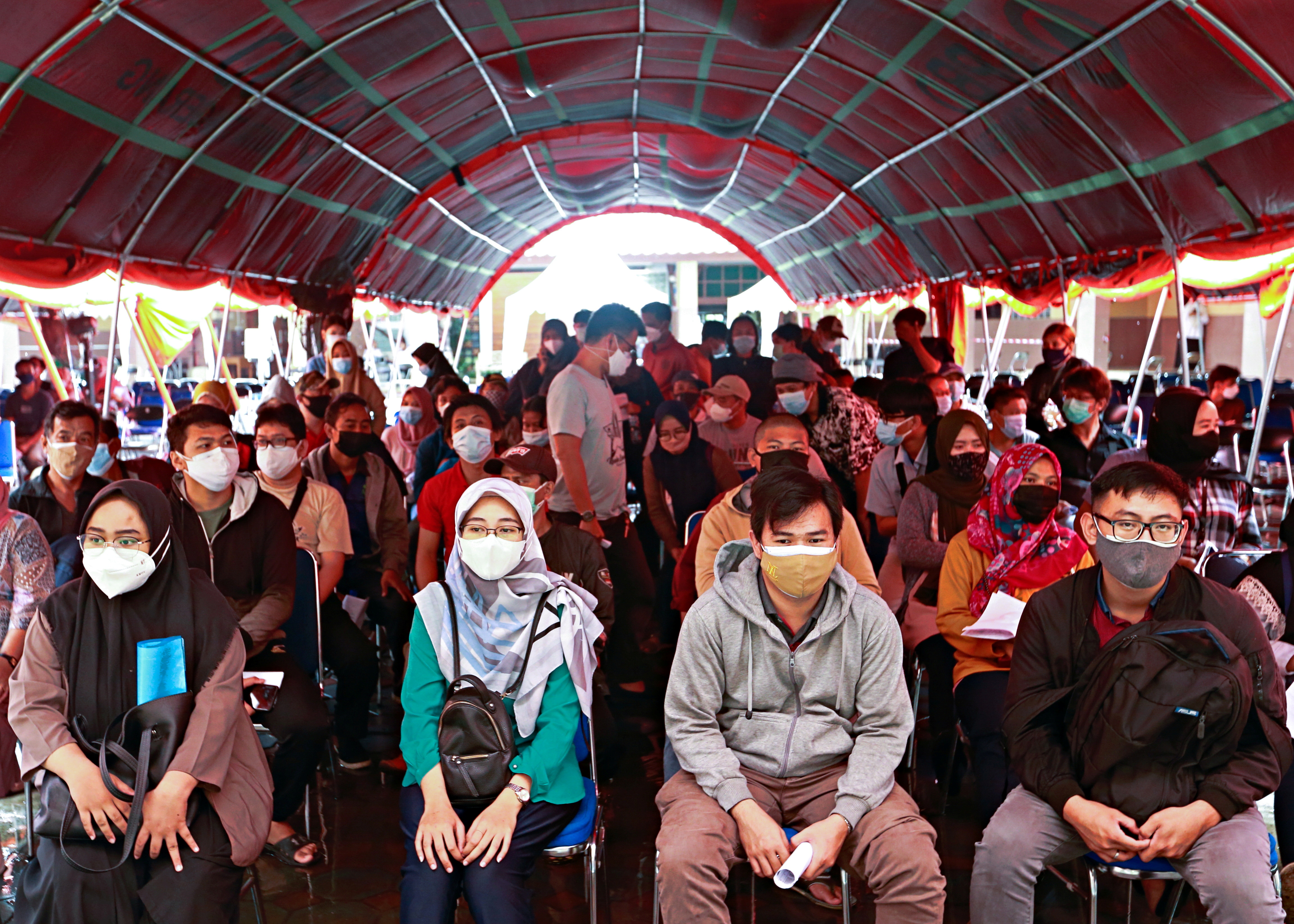When Success Turns to Desperate Need
"We cannot live with this variant. No place on Earth has unless they have their vaccination rates much, much higher than what we have.""Otherwise, it subjects the population to thousands and thousands of deaths."Gladys Berejiklian, premier, New South Wales
 |
| A lone woman wearing a protective face mask pulls a suitcase through the city centre during a lockdown to curb the spread of a coronavirus disease (COVID-19) outbreak in Sydney, Australia, July 6, 2021. REUTERS/Loren Elliott |
Celebrated internationally for their swift reactions that worked to suppress the global pandemic last year, the death toll in Australia and South Korea was comparatively low in comparison to the United Kingdom and the United States. One critical oversight: their vaccination rollouts have now placed them in a position of public vulnerability to COVID-19 outbreaks. And this, at a time when the Delta variant has been wreaking havoc world-wide.
On Friday, South Korea brought out its highest level of restrictions across Seoul and the surrounding area of virus-related restrictions, leaving half of the country's 52 million population affected. "We are facing the biggest crisis with our containment efforts with the daily new cases hitting a record every day", Prime Minister Kim Bookyun explained as he announced the new lockdown measures, including gatherings of over two people after 6 p.m. banned, and shutting school operations down.
The worst was yet to come for South Korea, warned head of the Korea Disease Control and Prevention Agency, even as the vaccine drive was strengthening. Gen.Paul LaCamera, leading 28,500 American troops stationed in South Korea, reintroduced tougher controls on military personnel movements. "While we have achieved a more than 80 percent vaccination rate, we are witnessing small clusters of the virus spread within select locations", he said.
In Japan, Prime Minister Yoshihide Suga was forced to declare a state of emergency in Tokyo with the additional statement that the Olympics will now be held for the most part in the absence of spectators. Across the Asia-Pacific governments have been forced to swiftly impose tougher lockdowns in the face of the highly contagious COVID-19 Delta variant's sudden resurgence, one that is straining health systems and creating anxiety among their public, with vaccination drives interrupted by delays and shortages.
Among the worst hit of the countries in the region, Indonesia's 270 million people are in the throes of its deadliest outbreak since the introduction of the pandemic; its medical system struggling to cope with record numbers of cases, and with a daily death toll that has doubled in the past week to over 2,000. Authorities warn the number of new infections may surge up to 70,00 after surpassing 34,000 in mid-week.
 |
| People wait in line to refill their oxygen tanks at a filling station in Jakarta. Indonesia is facing an oxygen crisis amid a surge in Covid-19 cases. Photograph: Wisnu Agung Prasetyo/SOPA Imag/Rex/Shutterstock |
Hospitals are reaching capacity and turning patients away, with the government attempting to import oxygen tanks from neighbouring countries, their own supplies exhausted. Indonesia has been reliant on the Chinese Sinovac vaccines, but its rate of vaccination has been tardy, in the midst of supply shortages, apart from its less-than-optimal efficacy rate, made all the more severe by the Delta strain.
Authorities in Australia warn thousands of people could die, taking into consideration the Sydney outbreak with its Delta variant link, should it not be brought under control. The city of 5 million has failed to quell active case clusters despite a two-week lockdown, requiring a tightened activation of restrictions in a desperate bid to block any further spread and to control the level of infection.
 |
| Mass Vaccination clinic, Seoul, South Korea -- Reuters |
Labels: Australia, COVID-19, Delta Variant, Outbreaks, South Korea, Vaccinations

0 Comments:
Post a Comment
<< Home